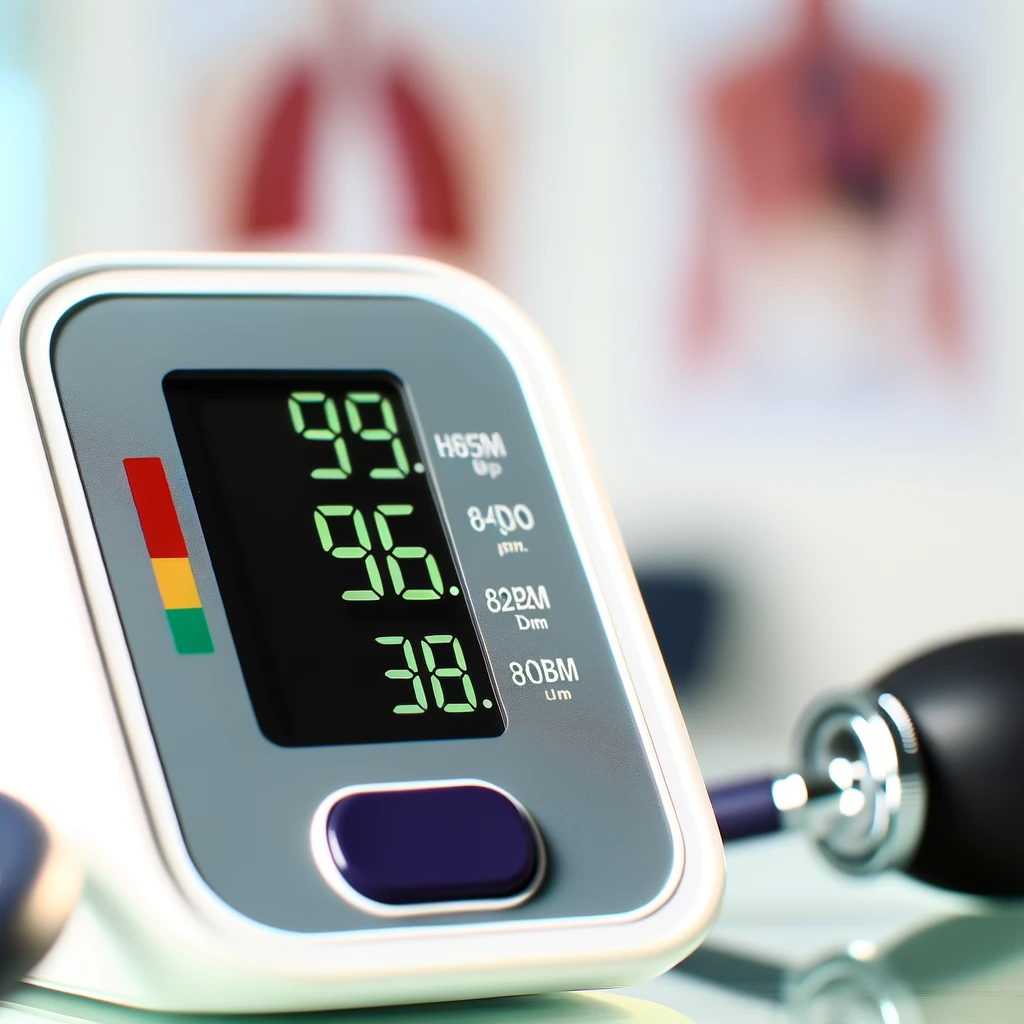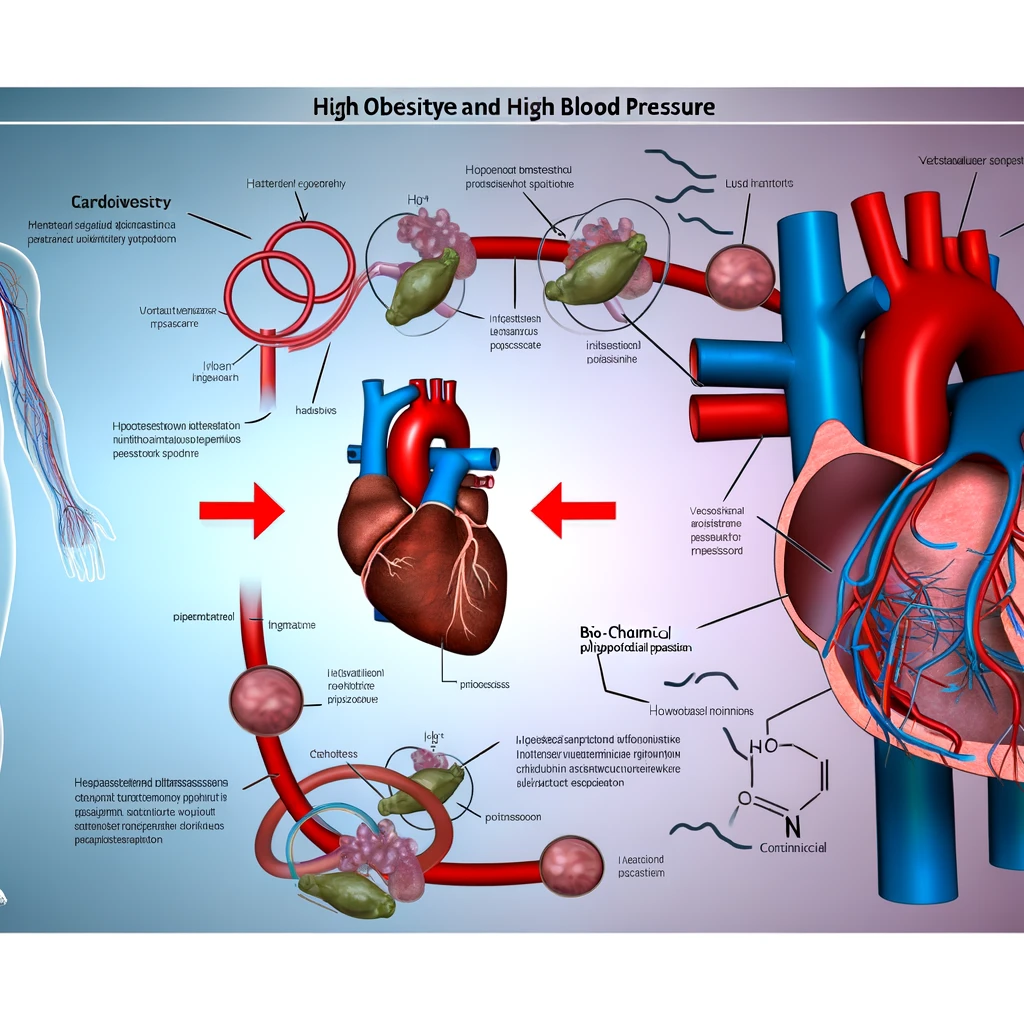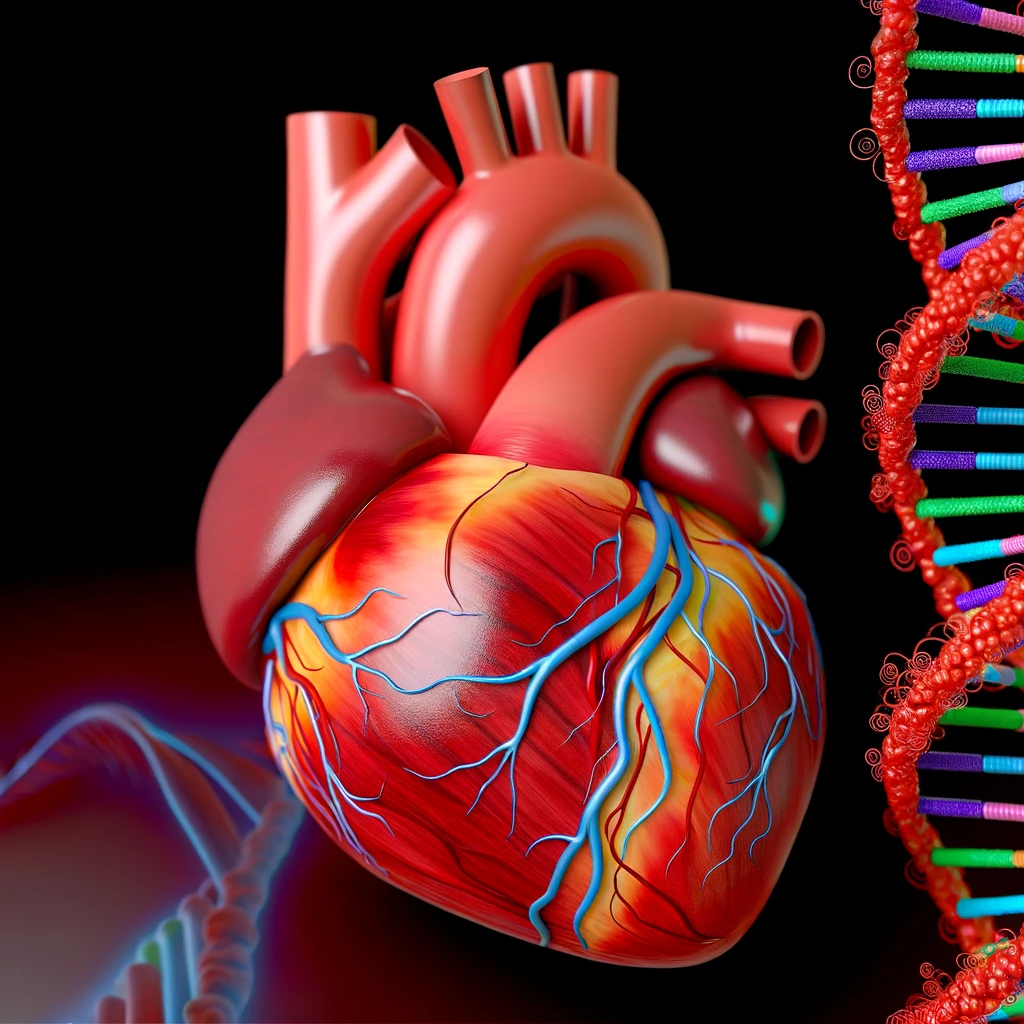Related Articles









Understanding the relationship between alcohol and blood pressure is crucial for maintaining overall health. While moderate alcohol consumption may have some health benefits, excessive drinking can lead to a multitude of health issues, including hypertension. This article explores how alcohol affects blood pressure, the risks involved, and practical advice for managing your health.
Alcohol can influence blood pressure in several ways. Initially, it may cause a temporary drop in blood pressure. However, habitual excessive drinking is linked to sustained increases in blood pressure, leading to hypertension. This is because alcohol can cause the blood vessels to constrict over time, increasing the pressure with which blood is pumped through the body.
The renin-angiotensin system plays a critical role in regulating blood pressure. Alcohol can interfere with this system, leading to increased blood pressure. By affecting this hormonal system, alcohol causes the blood vessels to narrow, making the heart work harder to pump blood.
Persistent high blood pressure, or hypertension, is a significant risk factor for cardiovascular diseases, including heart attacks and strokes. It can also lead to other complications such as kidney damage and vision loss. For individuals consuming alcohol regularly, the risk of developing these conditions is heightened.
Moderation is key when it comes to alcohol consumption. For men, it is generally recommended not to exceed two standard drinks per day, and for women, one standard drink per day. Exceeding these guidelines increases the risk of developing hypertension and other related health issues.
To manage blood pressure effectively, individuals should consider limiting their alcohol intake alongside other lifestyle changes. Regular exercise, a balanced diet rich in fruits and vegetables, and maintaining a healthy weight are crucial steps.
Regular monitoring of blood pressure is essential, especially for those with a history of excessive alcohol consumption. Early detection of high blood pressure can prevent serious health complications and allow for timely intervention.
While moderate alcohol consumption may not pose significant health risks, excessive drinking can lead to serious health problems, including hypertension. Understanding how alcohol affects blood pressure and taking measures to limit consumption can help maintain a healthy lifestyle. By staying informed and proactive about your health, you can effectively manage blood pressure and reduce the risk of developing severe health issues.